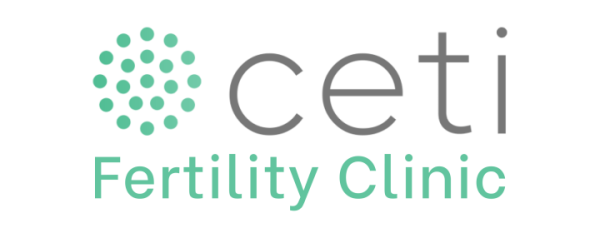
InOvulation – study on ovulatory dysfunction
Professor Rui Miguelote, a specialist doctor at CETI, is coordinating a clinical research project related to ovulatory dysfunction, called InOvulation.
The project is being developed by a team of doctors and researchers linked to the University of Minho and the hospitals of Guimarães, Braga and Famalicão.
A woman of reproductive age should have regular menstrual cycles lasting between 25 and 36 days. The presence of irregular cycles or amenorrhea (absence of menstruation) may indicate a dysfunction or pathology in one of the different organs responsible for the menstrual cycle.
What are the causes?
There are two major causes of ovulatory dysfunction: polycystic ovarian syndrome , in which the dysfunction is more at the ovarian level and metabolic factors also intervene, and functional hypothalamic amenorrhea , in which the hypothalamus and pituitary gland are not correctly stimulating the ovary, says Professor Rui Miguelote.
Objective of the study
Although these two causes are very common clinical situations, they are still not fully understood. The lack of knowledge about these mechanisms and how they interact has contributed to clinical guidelines that are often incorrect or ineffective.
In order to better understand ovulatory dysfunction and also with a view to creating a diagnostic algorithm that helps doctors to have better guidance in these cases, the study is currently in the participant recruitment phase.
Who can participate?
Women aged between 18-38 years old, and who meet one of the following conditions:
- Have menstrual cycles longer than 36 days (between the first day of menstruation in one cycle and the first day of menstruation in the next cycle);
- They do not menstruate if they do not take the pill (hormonal contraceptive) or other hormonal medication;
- Women diagnosed with polycystic ovaries or Polycystic Ovary Syndrome.
What are the advantages of participating?
Participation in the study allows you to undergo, free of charge, a set of clinical tests, a 2D/3D gynecological ultrasound and a medical evaluation by a gynecologist. This integrated clinical evaluation will allow you to better understand your clinical situation.
How can I participate?
If you wish to participate in this study, you must complete the registration form available on the project website and answer the survey about your menstrual cycle, demographic and clinical data.
Then you will have to wait for the “Confirmation” email and if you meet the inclusion criteria for the study, you will be scheduled for your first appointment, where you will undergo a physical examination and a 2D/3D gynecological ultrasound of the uterus and ovaries.
You will then have a blood test. Once the results have been processed, you will have a new appointment where they will be delivered.
If you are trying to get pregnant, you can participate in the second part of the study, which involves ovulation inductions. In this second part, you will receive medical support to perform ovulation inductions, with the aim of correcting ovulatory dysfunction.
This monitoring consists of consultations and ultrasound scans to monitor ovulation, scheduled according to your menstrual cycle.
